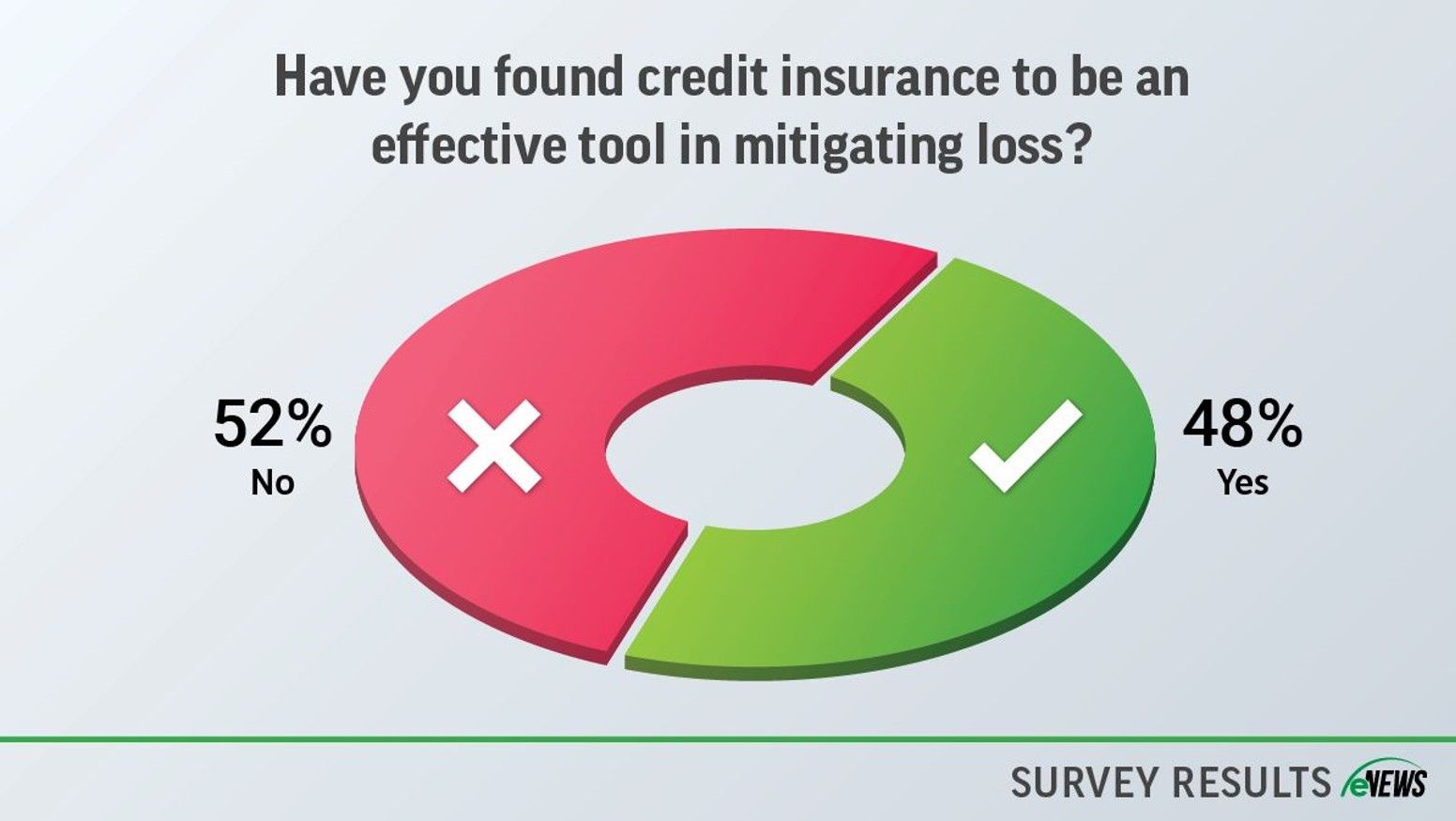Business Practices, eNews
Outsourcing the Order-to-Cash Process

In an ever-evolving global marketplace, outsourcing has emerged as a strategic tool that businesses of all sizes leverage to enhance efficiency, reduce costs and remain competitive. Credit departments may choose to outsource certain credit tasks on a permanent or temporary basis depending on the needs of the company.
A recent eNews poll revealed that 83% of credit departments do not outsource any part of the order-to-cash process. Although outsourcing is not for every company, credit professionals should be aware of what credit tasks are best-suited to be outsourced as well as the advantages and disadvantages of outsourcing.
| Advantages of Outsourcing | Disadvantages of Outsourcing |
| Decreases fixed costs | Communication issues |
| Workflow flexibility | May require long-term commitments |
| Access to expertise you may not have in-house | Loss of control of a key financial decision-making process to a third party |
| Allows team to focus on strategic tasks | The quality of service may not meet your needs |
| Access to advanced software and technology | May affect the morale of existing credit team members |
The Case for Outsourcing
There’s a prevailing belief that outsourcing results in job loss and that the quality of the product or service will not meet standards. But outsourcing some order-to-cash functions gives credit professionals more time to conduct thorough credit investigations and lead strategic initiatives. Advancements in technology have allowed companies to outsource some aspects of credit and collections without losing control because many outsourcing firms provide real-time, web-based reporting.
Customer-facing tasks are better kept in-house. Michelle Russell, corporate credit manager at Avery Dennison Corporation (Mentor, OH), outsources pieces of every function within the order-to-cash process: credit, collections, cash applications and bankruptcy. “The strategic accounts are kept in-house and the non-strategic accounts are outsourced,” she said. “Reporting can be time-consuming and so can managing the customer payment portals. Outsourcing these tasks frees up time for the local credit team to focus on more important tasks.”
Valarie Hardesty, CCE, CICP, director of credit at Elevate Textiles, Inc. (Charlotte, NC), has a Shared Services Center at one of their locations in India to complete accounting, financial reporting, accounts receivable (AR) and accounts payable (AP) duties. “We outsource tasks such as AR credit and debit memo creation and non-time-sensitive customer contact projects such as changing from check to ACH payments, invoice email verification, escheatment, refund processes and small balance collections through email,” she said. “The team members in India are highly skilled and have a standard operating procedure they intently follow.”
Outsourcing helps larger companies with high volume of turnover or sales where there is insufficient staff. For example, outsourcing can help fill the gaps if your credit department has a high turnover rate, said Pamela Krank, president at The Credit Department Inc. (Saint Paul, MN). “It sometimes makes more sense to outsource multiple different tasks if you are having trouble retaining staff,” she said. “Outsourcing is a good option for companies that don’t already have a strong infrastructure or they’re growing really fast and just can’t keep up with what’s happening.”
The Case Against Outsourcing
Outsourcing credit tasks may make some customers feel that they’re not receiving the same level of attention and professionalism that they received from credit department. Outsourced teams may have differences in languages, customs or work habits. “With outsourcing, accounts are not always managed effectively,” Russell said. “Issues with following processes and customer interactions may arise and result in inefficient communication with customers where customers avoid you or do not return calls.”
Many companies keep more difficult or complicated tasks in-house, such as customer disputes, high-volume customers or key accounts. More profitable companies are in a better position to take more risks, which could result in a different credit philosophy. They could consider outsourcing the entire credit function to give the company more resources for strategic initiatives.
Complex tasks can be outsourced successfully, but it is dependent on the team structure, leadership and change management. “All the same things we know about how to build a high performing team in the U.S. are just as true for the people who are outsourced,” said Rachel Layman, collections manager at SoftwareOne, Inc. (Milwaukee, WI). “Unfortunately, management outside of the U.S. does not always understand these principles or have this mindset, so it’s extremely important for the responsible U.S. leadership to stay close and help them along the journey.”
Some credit professionals use automation instead of third parties to delegate credit tasks because they want to focus on quality and accuracy. Christian Pedersen, CCE, corporate credit manager at Emcor Services Aircond (Smyrna, GA), is planning to use artificial intelligence for processing credit applications and credit reports. “We don’t plan on outsourcing anytime soon as having the proper documentation in-house is of the utmost importance,” he said. “Some tasks such as invoice uploading or collection calls could be outsourced if it were more beneficial for the company but at the moment it’s not.”
Denise Boock, CBA, ICCE, credit manager at J&B Group (Saint Michael, MN), uses an enterprise resource planning (ERP) system to automate administrative tasks in the credit department. “We also have a talented IT team that created workflows to make routine tasks more efficient and we can handle the volume we receive since we do not have a large number of new applications coming in.”
Mallory Bell, accounts receivable specialist at Leslie Enterprises, Inc. dba Dupree Building (Spokane, WA) and NACM Commercial Services Board Director, has a smaller business with lower sales volume in which outsourcing is not necessary. “We have a good accounting team that works well together which makes the order-to-cash process manageable,” she said. “We also like to build those personal relationships with our customers, so having instant access to all the information and direct contact with the customers helps with that.”





